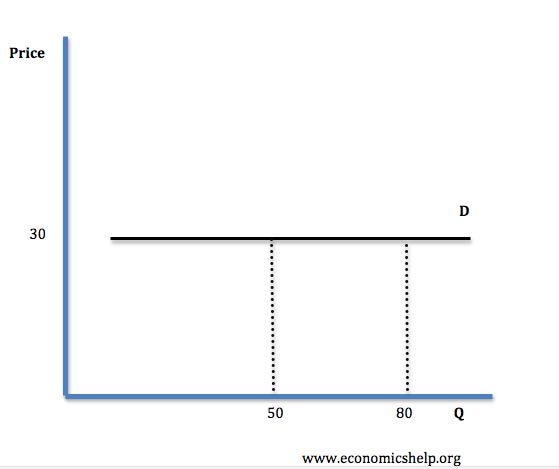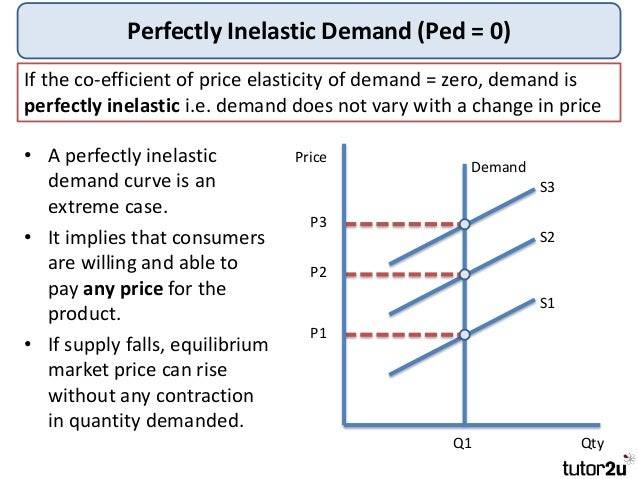If you think for a minute that folks who spend lavishly or extravagantly don't know they are doing so, you don't give folks the credit they deserve. It may be debateable whether buying a $500 suit is lavish spending, but nobody buying a $5000 one is unaware that they are spending lavishly.
YOU can claim that those remarks are merely MY analysis of luxury good consumption behavior and motivations, but I can assure you they are not merely my views.
Again, your opinion of what is lavish or extravagant is not everyone's opinion. It does not matter if some collection of others agree with your opinion. It doesn't even matter if the person who is doing the buying believes it is extravagant, it's their right to spend their money the way they please. They worked for it, they earned it, it's the fruit of their labor. It's not up to you or anyone else to make that determination, it is up to the individual.
...reading the papers I've linked above, you'll see too that damn near everything about luxury consumers behavior is about emotional coddling on the part of consumers, emotional pandering/placating on the part of sellers, and almost never about there genuinely being a tangible and practical reason for the behavior.
It does not matter what you believe the reason is. You can link "papers" from wherever to support your Marxist views all day long... it doesn't matter. You are again making the determination of what is "tangible and practical" about someone else's behavior.
Okay... So, the other day, I purchased a Yeti cooler. I do a lot of camping with friends and family and I have been wanting one of these. While searching for where I could find the best deal on this specific cooler, I discovered a consumer test of the Yeti vs. a generic brand which sells for considerably less. The generic brand performed just as well as the more expensive Yeti. Now, you might argue, from a "tangible and practical" perspective, there was really no need for me to purchase the Yeti. But that decision was not yours to make. Perhaps I don't want my friends and family to look at my cooler and think Boss is a cheapskate... he bought the generic brand! I may feel that I am a person who can afford the best and that makes me feel better, to purchase the best.... even if it's the "best" only because it cost more... or the brand is associated with being the best. The choice is MINE to make and it is up to ME to decide if it is "tangible and practical". You are continuing to try and apply YOUR standards to MY choices.
I don't have a problem with there being goods and services suppliers that thrive by catering to the demand for luxury goods. I don't know why you think I might, but I also don't care why you may think that of me.
What I think of you is that you want to micromanage the decisions and choices of others based on your own precepts. It's troubling to me that you don't seem to understand different people have different ideas of value, tangibility, practicality, luxury, extravagance. It's simply not your determination to make. You might prefer the generic cooler over the Yeti and brag to your friends and family about how much money you saved and what a smart consumer you were... that might be appealing to you. It doesn't appeal to me... I have a different opinion, I want my friends and family to see that I bought the top of the line. It doesn't mean one of us is wrong and the other is right, we're different people with different opinions, desires and motivations.
All of those things are fully controllable. One is not required because one is in the "upper-wealth category" have any obligation to spend princely sums on anything.
No, some of them are certainly not controllable. If I want to live in Beverly Hills, it's going to cost me more than living in Compton. If I am wealthy, I can live in either place but I desire to live in Beverly Hills. It's not in my control to live there as inexpensively as I could live in Compton.
With your transportation argument, I might find value in owning a Mercedes and you may think that is excessive luxury. It's going to cost me more to service my Mercedes than you pay to service your Nissan. But I may find value in the brand and I may get many more years of service from the Mercedes, or I may like the way I look behind the wheel of a Mercedes. It's MY choice based on MY opinion of value, not YOURS. You may find the Nissan a better value... that's YOUR choice based on YOUR opinion of value, not MINE.
I could be a high-profile lawyer who desires to convey an image of success to his clients. That might not be of importance to you. It may seem opulent to you while I find value and tangible practicality in my choice.


